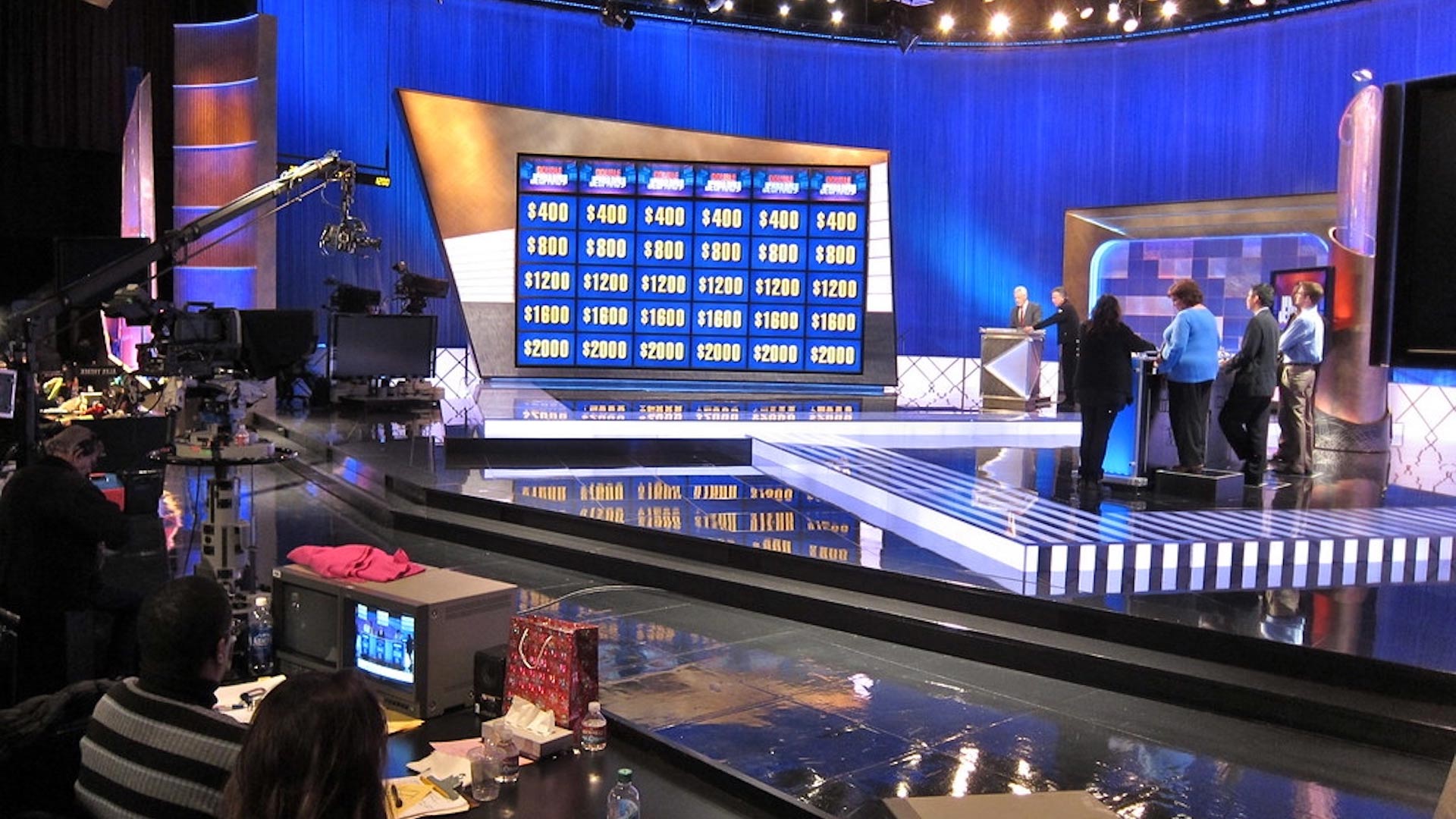 Behind the scenes at TV game show Jeopardy.
Behind the scenes at TV game show Jeopardy.
The secret to managing stress might be found in the way people compete in game shows on television.
University of Arizona Psychology professor Robert Wilson is the senior author of a paper that looks at conditions of stress that would be impossible to reproduce in a lab.He studied the facial responses displayed by contestants on a British game show to find clues about real-world decision making.
"If I do a test of decision making in the lab, is that going to really be connected with how we make decisions in the real world?" Wilson asked. "It's not always clear that it is. So, what we are trying to do with this project is to understand behavior but also neural or physiological correlates of behavior in the real world so game shows are one way to do that."
Wilson and his team took a close look at how often the contestants blinked. They found that they did it most often during the show's most stressful moments. Wilson notes there could be a correlation between blink rate and mental disorders caused by levels of dopamine, a neuro-transmitting chemical connected with our feelings of satisfaction, concentration, and addiction.
The group's study was published in the academic journal Psychophysiology earlier this month.

By submitting your comments, you hereby give AZPM the right to post your comments and potentially use them in any other form of media operated by this institution.